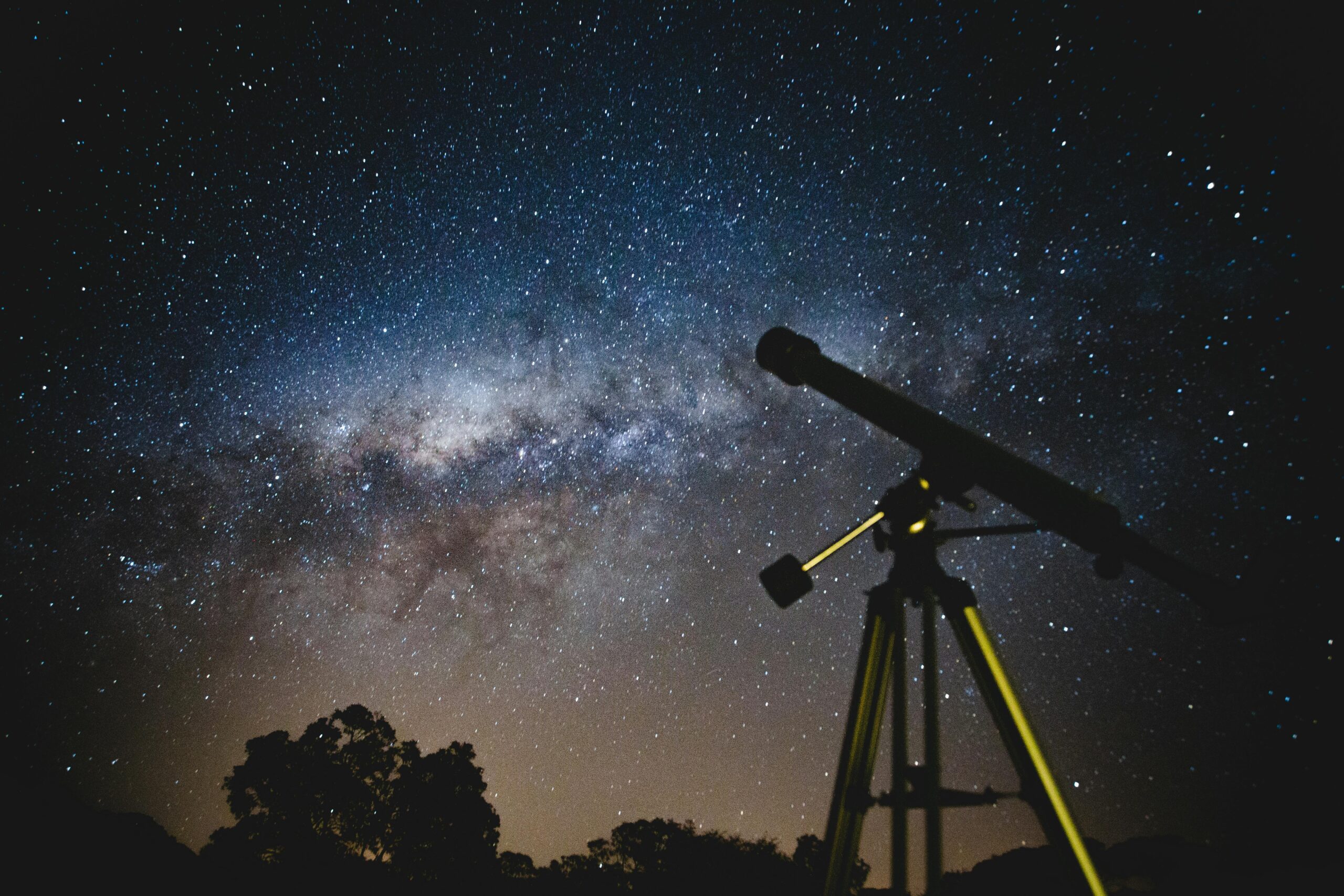Introducing children to the wonders of the night sky can spark a lifelong passion for astronomy. Choosing the right telescope is key to ensuring they have a rewarding and engaging experience. The best telescopes for kids are easy to use, sturdy, and capable of delivering clear views of celestial objects. In this guide, we’ll explore some of the top options and what to consider when purchasing a telescope for young astronomers.
Why Choose a Telescope for Kids?
Telescopes can open up a new world of exploration for children. They offer an opportunity to learn about planets, stars, and galaxies while nurturing curiosity and scientific thinking. However, kids’ telescopes need to be different from adult models. They should be lightweight, easy to set up, and designed with simplicity in mind. With the right telescope, kids can enjoy stargazing without frustration or confusion.
Types of Telescopes for Young Astronomers
When selecting a telescope for a child, it’s essential to understand the different types available. Here are the main categories:
- Refractor Telescopes: These telescopes use lenses to focus light and are typically easy to maintain. They are a great option for beginners due to their simplicity and durability.
- Reflector Telescopes: These use mirrors instead of lenses and can offer larger apertures (light-gathering ability) for a lower cost. However, they may require occasional alignment (collimation).
- Compound Telescopes: Combining both lenses and mirrors, compound telescopes are versatile but tend to be more expensive and complex. They may not be the best choice for young children.
Top Telescope Picks for Kids
Here are some of the best telescopes for kids and young astronomers, offering the right balance of simplicity, quality, and fun.
1. Celestron 70mm Travel Scope
The Celestron 70mm Travel Scope is an excellent beginner telescope for kids. It’s a refractor telescope that comes with a backpack, making it easy to transport. With a 70mm aperture, it provides clear views of the Moon, planets, and bright star clusters. It’s lightweight and simple to set up, making it perfect for young astronomers.
2. Orion FunScope 76mm Tabletop Reflector
The Orion FunScope is a compact reflector telescope with a 76mm aperture. It’s designed for tabletop use, making it stable and easy to manage. The wide-field views make it great for observing the Moon and planets. The simplicity of this model means kids can focus more on stargazing and less on complicated setup procedures.
3. Meade Infinity 50mm Refractor Telescope
The Meade Infinity 50mm is one of the most affordable telescopes for young beginners. It’s a refractor model that offers decent views of the Moon and bright planets. This telescope is lightweight, easy to use, and a great way to introduce kids to the basics of astronomy.
4. Gskyer 70mm Refractor Telescope
This telescope combines user-friendliness with good optical performance. The Gskyer 70mm refractor telescope includes a variety of eyepieces and a tripod. It’s easy to assemble and offers crisp views of the night sky, making it suitable for kids aged 8 and up.
What to Look for in a Kids’ Telescope
When shopping for a kids’ telescope, consider the following features:
- Ease of Use: The telescope should be straightforward to set up and operate.
- Portability: Lightweight models are best for younger children who may want to use the telescope outdoors or take it to different locations.
- Durability: Kids’ telescopes should be sturdy enough to handle occasional bumps and mishandling.
- Optical Quality: Look for telescopes that provide clear and bright images. A decent aperture (50mm to 80mm) is sufficient for most young stargazers.
Encouraging a Lifelong Love of Astronomy
A telescope can be a gateway to a universe of discovery. By choosing a telescope that’s age-appropriate and easy to use, you can help your child develop a deeper interest in science and the cosmos. Remember, learning about the stars shouldn’t be limited to using the telescope alone. Encourage kids to explore star charts, astronomy apps, and books to enhance their experience.
Whether they are viewing the Moon’s craters or spotting planets, using astronomical telescopes can inspire awe and curiosity. The right telescope can turn a night under the stars into an unforgettable adventure.

